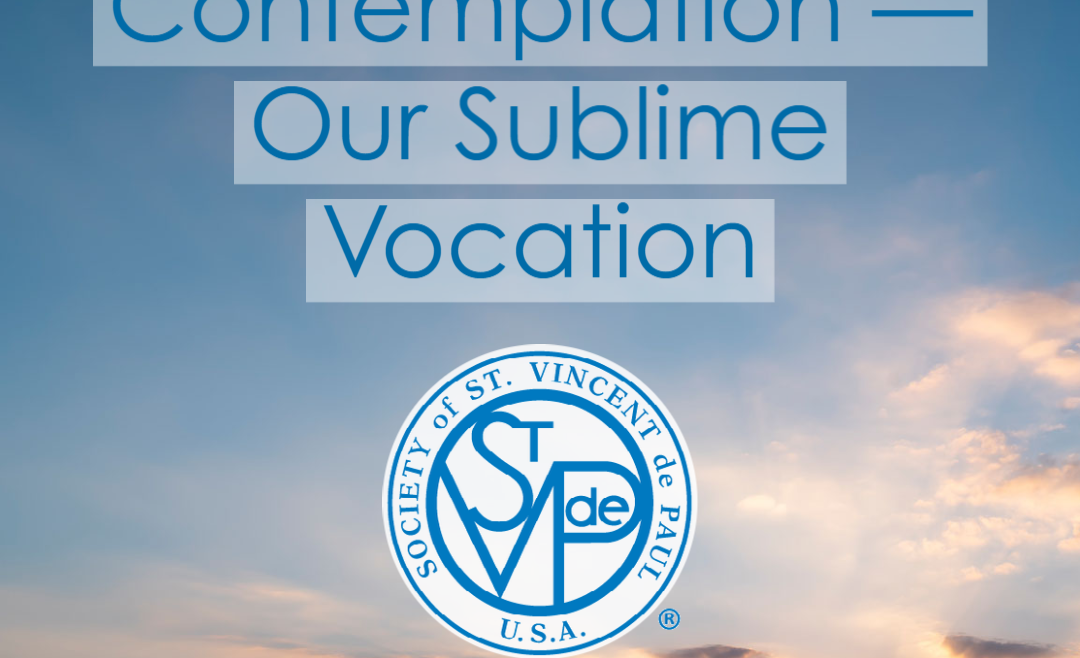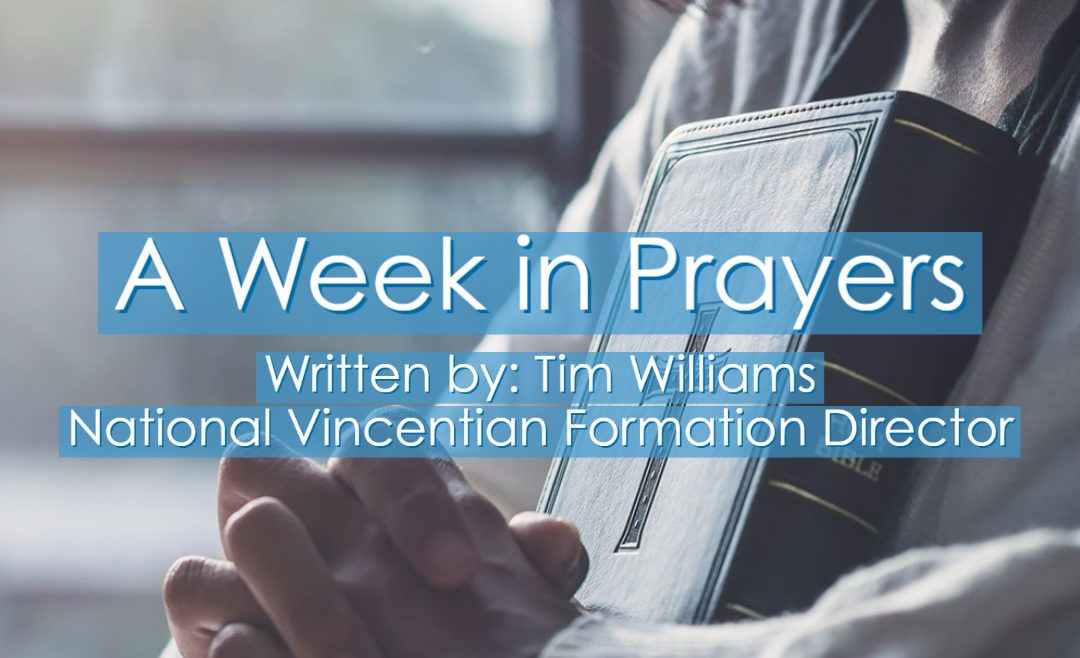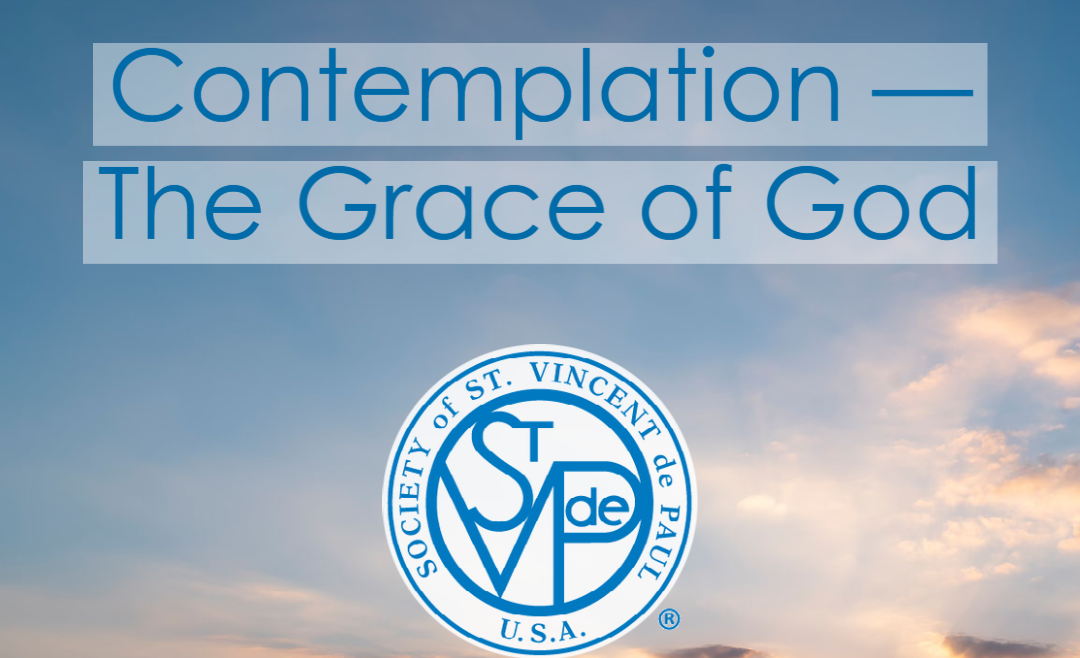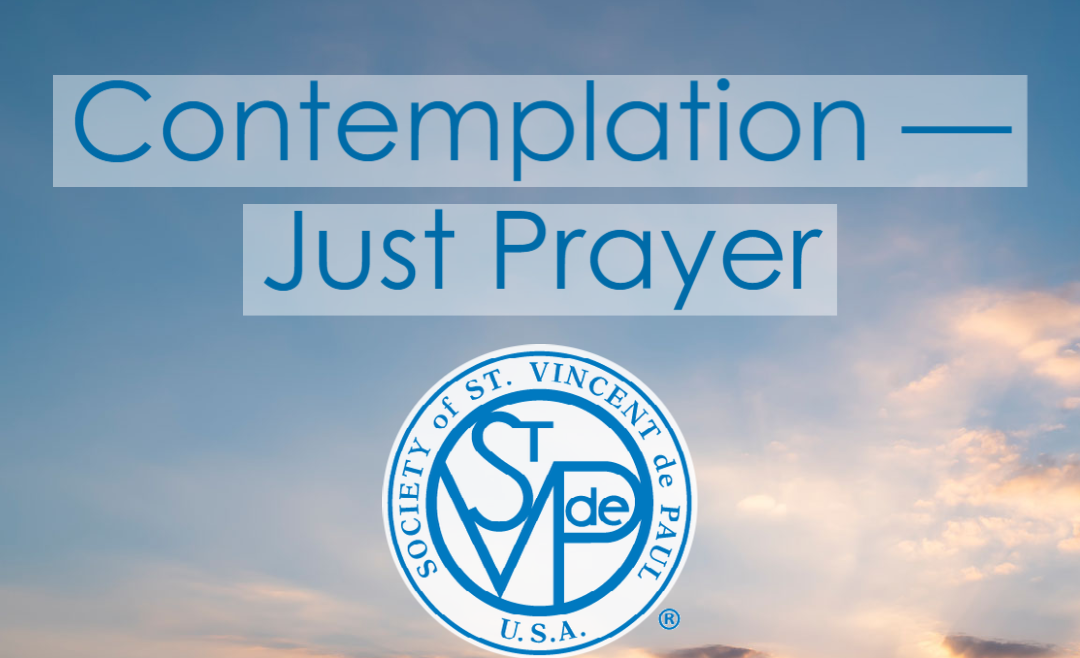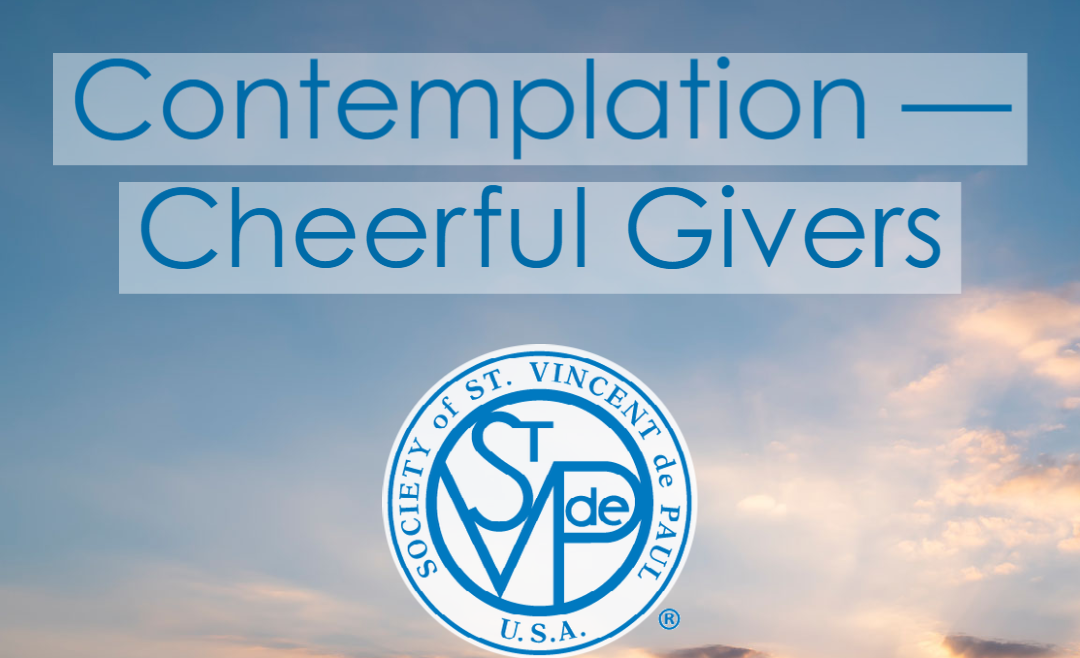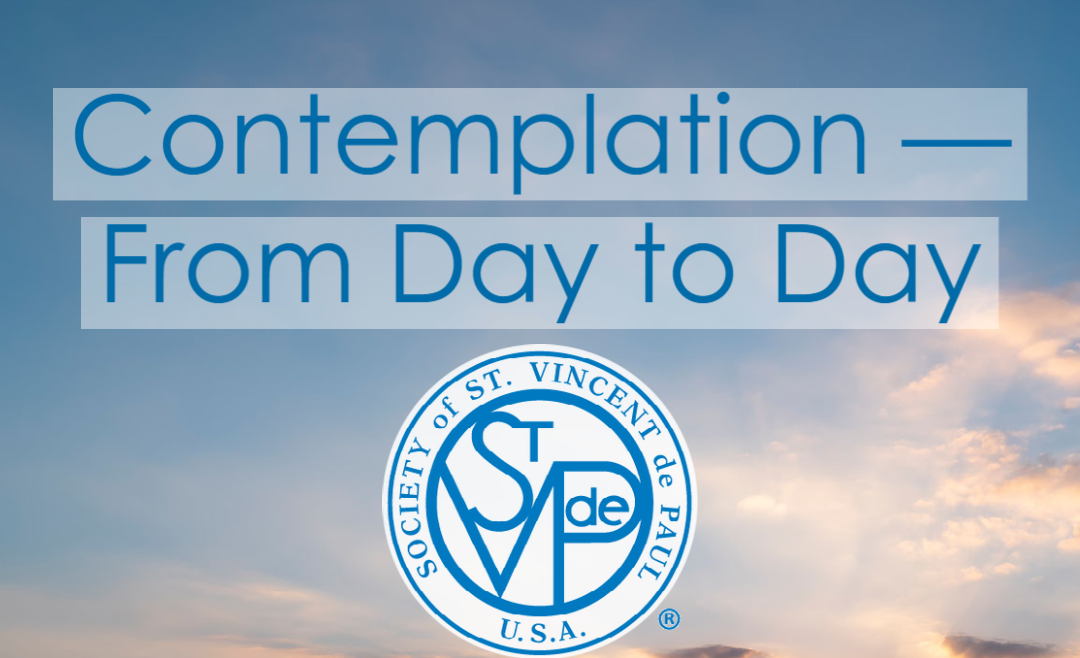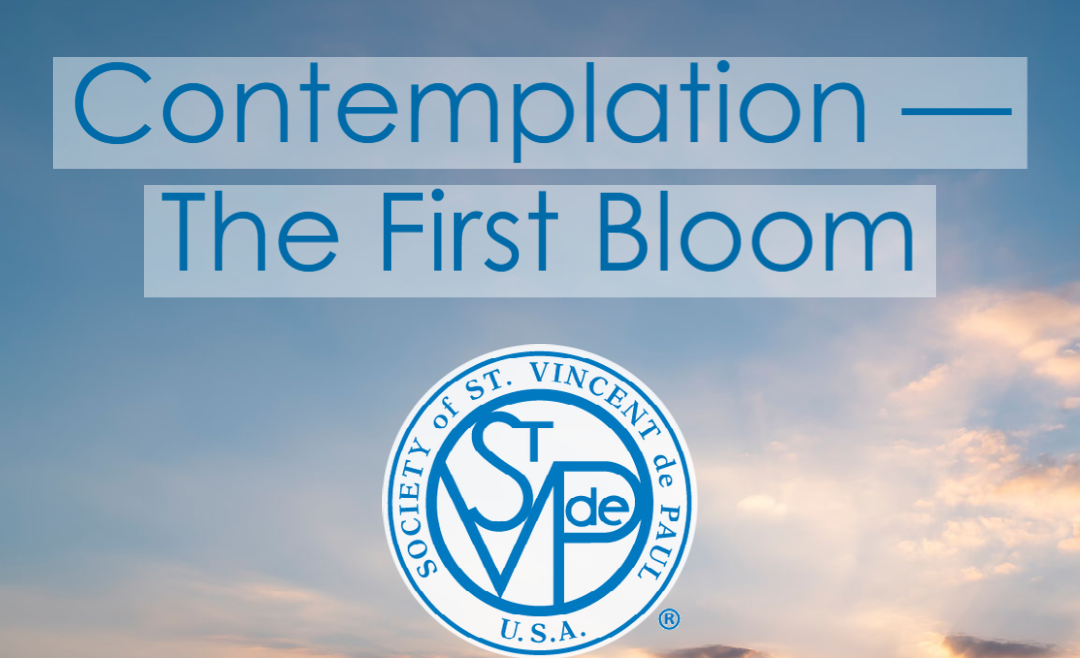As members of the Society of St. Vincent de Paul, we are not simply “volunteers.” Rather, ours is a vocation. A vocation is more than a simple set of activities, or membership in a club. The word itself is from the Latin root vocāre, meaning to call. Our vocation is a call from God, a sacred invitation to follow a pathway towards the perfection that He wishes for us. It is subordinate to the vocation shared by all lay Catholics; the call to order all of our temporal affairs according to the plan of God. [Lumen Gentium, 31]
The Vincentian vocation, then, is more than the sum of the actions we take, but that we taken them for love alone. It is more than Conference meetings, and more than Home Visits. It is “a vocation for every moment of our lives.” [Rule, Part I, 2.6] It is the means by which we pursue the integration of life that Pope Saint John Paul II describes. [Christifidelis Laici, 59]
If you are a Vincentian, it is because God called you here. You may not have recognized His voice at the time; His words may have come to you from another Vincentian. But it was God who called you here, the same God who calls, again and again, asking for your help; asking for a rent payment, an electric bill, a listening ear, and an open heart. You may not recognize His voice every time, but when He calls you, you answer, and you in turn pass along His call to the neighbor by your wordless witness in living your faith, and loving the neighbor as yourself.
When the tasks seem daunting, we follow St. Vincent’s advice, remembering that in responding to our vocation, “our Lord will be [our] guidance and [our] guide and [we] can do all things with Him.” [CCD I:589]
This is, as Frédéric put it, “the sublime vocation God has given us.” [Letter 90, to Curnier, 1835] It is the vocation to which God has called us, the vocation in which we are blessed to encounter Him, the vocation that each and every one of us should be offering to “to all those who seek to live their faith loving and committing themselves to their neighbor in need.” [Rule, Part I, 3.1]
It is certainly true that all of our actions as Vincentians are voluntary, but volunteering is something one does; Vincentian is something we are by virtue of our sublime vocation.
Contemplate
When recruiting new members, do I focus only on the work, or consciously share God’s call?

